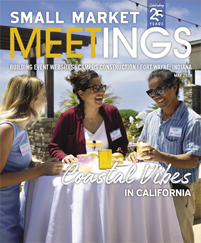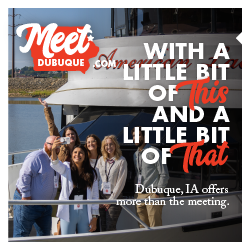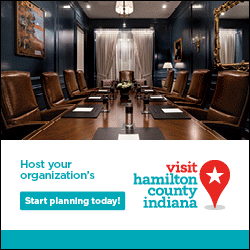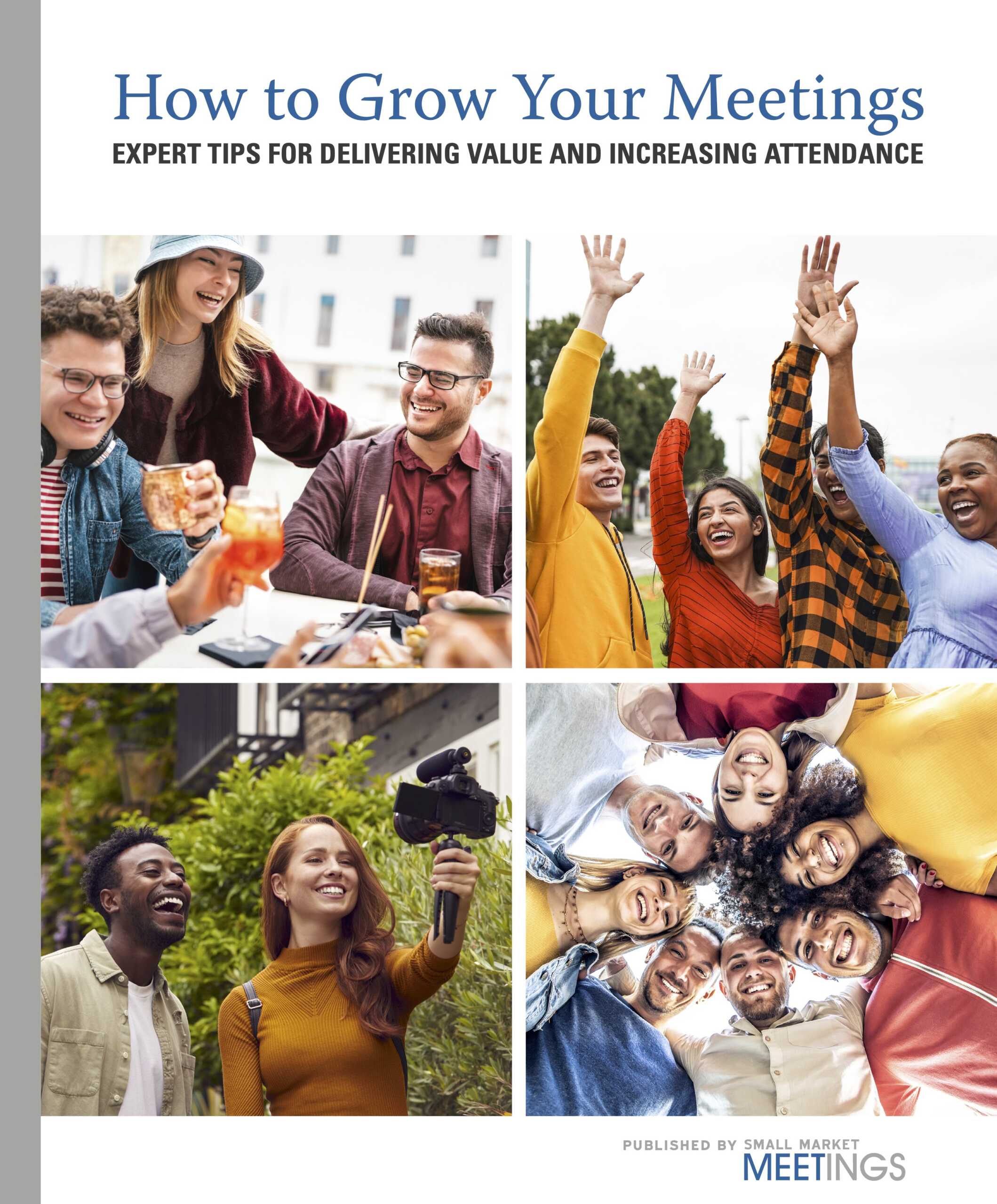One of the first steps to organizing a successful meeting or event is setting up site inspections at potential venues and hotels. While some locations may sound great on paper, you never know when setbacks may arise until seeing venues in person and speaking with the staff.
To learn more about how planners can make the best venue choices for their event, we spoke with the following meetings experts: Brandon Morgan, director of the Flint and Genesee Convention and Visitors Bureau in Flint, Michigan, and Beth Ulatowski, director of sales at the Greater Green Bay Convention and Visitors Bureau in Green Bay, Wisconsin. Here is what they had to say.
Contact the Local CVB
Convention and visitors bureaus are a planner’s ultimate resource to a new destination, acting as a single access point to all the surrounding attractions, venues and services. So instead of contacting dozens of vendors individually, planners can simply reach out to the local convention and visitors bureau for assistance.
“Planners may be very surprised by how much we can do for them,” said Ulatowski. “We know the restaurants, the vendors, the hotels; not only can we help them find a location for their meeting, we can act as a resource for them, whether it’s finding entertainment, speakers and, of course, all the free services.”
In addition to serving as a communication line, the convention and visitors bureau can help create itineraries and event schedules based on the planner’s needs.
“The CVB knows what kind of groups each venue can accommodate, so we can set up site inspections, find unique off-site venues, find creative and affordable solutions for transportation — we can do all of that in one fell swoop,” said Morgan. “We can also send out multiple requests to venues and hotels so that a meeting planner doesn’t have to coordinate with multiple locations at once.”
Hammer Out the Details in Advance
According to Ulatowski, finding the right venue is all about asking the right questions.
“Once we know what their meeting needs are, then we can share exactly what we have,” Ulatowski said. “Whether they prefer a downtown setting, to be near the highway or airport, etc.”
Before visiting the destination, planners should prepare a comprehensive checklist of their event details and priorities, including information such as number of attendees, meeting space requirements, preferred dates, backup dates, types of seating, types of meals and, perhaps most important, the budget. It can also be helpful to share some background information about the attendees’ preferences and expectations, as well as the primary objectives of the meeting.
“It’s all a matter of customizing what we have in the community to the needs of the group,” said Morgan.
Once planners arrive on-site, they can also reference their checklist as they make note of the available amenities and equipment at each venue. These could be features such as audiovisual equipment, appropriate lighting, complimentary Wi-Fi, convenient parking, backup generators and an on-site kitchen. Though it can be easy to walk through the venue, shake hands and move on to the next one, planners should not be shy about testing sound or lighting systems, or asking to speak with the catering staff.
As planners explore the city, another critical detail to note is transportation. Based on how attendees plan on traveling to the area and how close the venues are to public transit, planners may need to arrange airport pickup or shuttle services.











